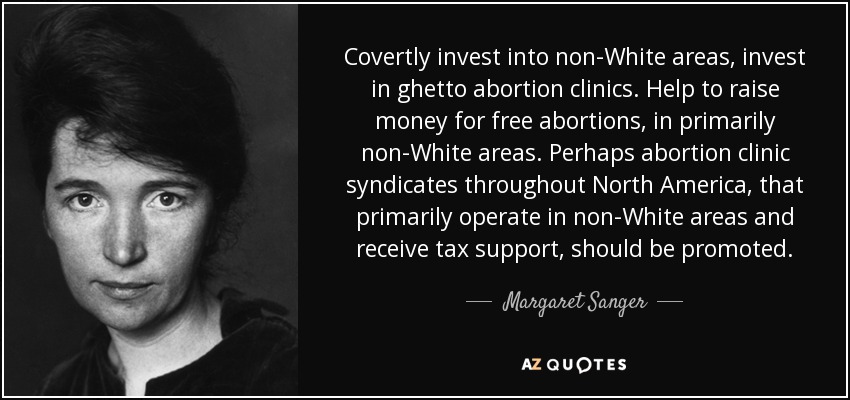The decision involved the case of a woman named
Norma McCorvey—known in her lawsuit under the pseudonym "Jane Roe"—who in 1969 became pregnant with her third child. McCorvey wanted an abortion, but she lived in Texas, where abortion was illegal except when necessary to save the mother's life. She was referred to lawyers
Sarah Weddington and
Linda Coffee, who filed a lawsuit on her behalf in U.S. federal court against her local
district attorney,
Henry Wade, alleging that Texas's abortion laws were unconstitutional. A three-judge panel of the
U.S. District Court for the Northern District of Texas heard the case and ruled in her favor. Texas then appealed this ruling directly to the U.S. Supreme Court, which agreed to hear the case.
In January 1973, the Supreme Court issued a 7–2 decision ruling that the
Due Process Clause of the
Fourteenth Amendment to the U.S. Constitution provides a "right to privacy" that protects a pregnant woman's right to choose whether or not to have an abortion. But it also ruled that this right is not absolute, and must be balanced against the government's interests in protecting women's health and protecting prenatal life.
[4][5] The Court resolved this
balancing test by tying state regulation of abortion to the three
trimesters of pregnancy: during the first trimester, governments could not prohibit abortions at all; during the second trimester, governments could require reasonable health regulations; during the third trimester, abortions could be prohibited entirely so long as the laws contained exceptions for cases when they were necessary to save the life or health of the mother.
[5] The Court classified the right to choose to have an abortion as "fundamental", which required courts to evaluate challenged abortion laws under the "
strict scrutiny" standard, the highest level of judicial review in the United States.
[6]
It appears to me, what we have here, is a case of misinterpretation- imagine that.
It's NOT the fed gov't's business. Period. The lawyers made it that- in fact,
alleging that Texas's abortion laws were unconstitutional- But it also ruled that this right is not absolute, and must be balanced against the government's interests in protecting women's health and protecting prenatal life
What interest does the gov't have in protecting women's health? Can one of the scholars here, point out, in the constitution, where that comes from?
The 14th amendment cleared the way for federal intervention into the every day life of everyone
, to the point of legally negating unalienable rights relegating them to inalienable rights- and which Party claims to be all about the constitution? Does the 10th amendment become null and void just because? Unalienable vs inalienable is the real argument.
IF a/the court grants it can rescind. You better think about that. Not just in this case, but in every demand to the courts-
Unalienable rights are endowed, inherent- inalienable rights not so much. Unalienable rights are not tangible, inalienable rights are grants and privileges. The latter is given and can be taken, the former cannot be given, or taken, only abused. Making the abuse legal ensures it will happen and be argued and often as not restricted.


